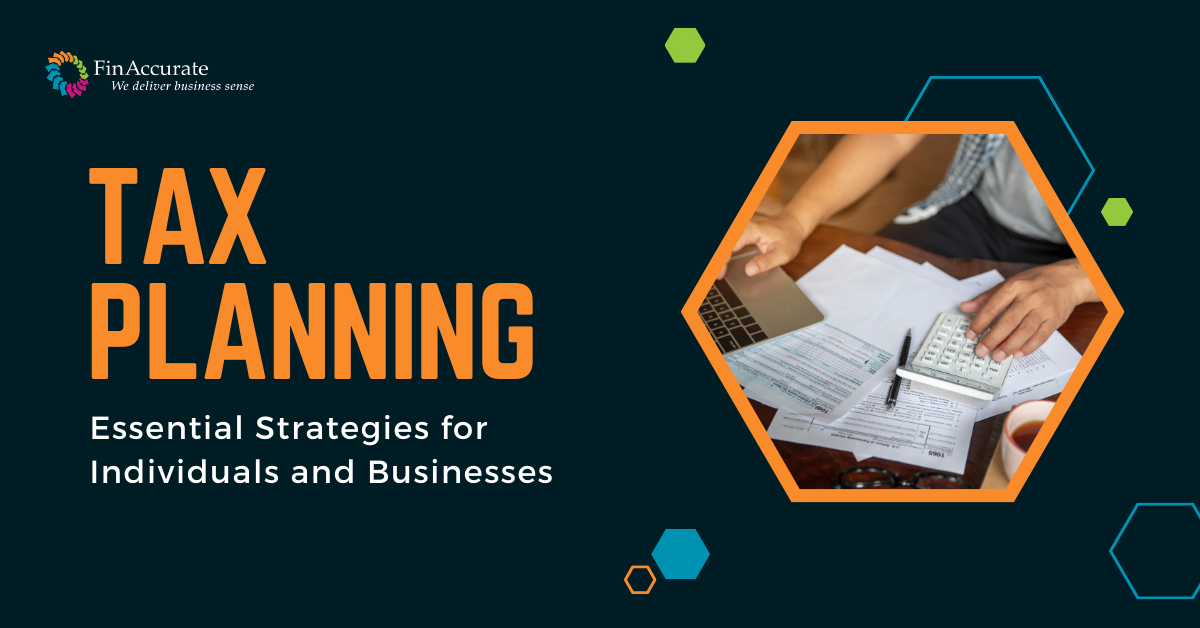As a tech professional, you have likely focused on honing your skills and staying ahead in your industry. However, tax planning is just as important as staying up-to-date with the latest advancements in technology. By implementing effective tax planning strategies, you can minimize your tax liability and maximize your financial resources for future endeavors.
Evaluate Your Tax Situation Regularly
One of the most important aspects of tax planning is to regularly evaluate your tax situation. This involves reviewing your income sources, deductions, and credits to ensure that you are taking advantage of all available tax benefits. By staying informed about changes in tax laws and regulations, you can make strategic decisions to minimize your tax burden.
Utilize Retirement Accounts
Retirement accounts are a powerful tax planning tool for individuals in the tech industry. By contributing to tax-deferred retirement accounts, such as a 401(k) or IRA, you can lower your taxable income and save for retirement at the same time. Additionally, some employer-sponsored retirement plans offer matching contributions, which can further boost your retirement savings.
Take Advantage of Tax Credits
There are a variety of tax credits available to individuals in the tech industry that can help reduce your tax liability. For example, the Lifetime Learning Credit and the American Opportunity Credit can offset the costs of education and training programs. Additionally, the Saver’s Credit provides a tax credit for contributions to retirement accounts for lower-income individuals.
Consider Charitable Giving
Charitable giving is not only a way to give back to your community but also a tax-efficient strategy for reducing your tax liability. By donating to qualified charities, you can deduct the value of your charitable contributions from your taxable income. This can result in significant tax savings, especially for individuals in higher tax brackets.
Plan for Capital Gains
As a tech professional, you may have investments in stocks or other assets that could result in capital gains. By strategically planning your investment transactions, you can minimize the tax impact of capital gains. For example, you may consider holding onto investments for the long term to qualify for lower long-term capital gains tax rates.
Consult with a Tax Professional
While tax planning strategies can be beneficial, it is essential to seek guidance from a tax professional to ensure that you are making informed decisions. A tax professional can help you navigate complex tax laws and regulations, as well as identify opportunities for tax savings. By working with a tax advisor, you can develop a personalized tax plan that aligns with your financial goals and objectives.
Overall, tax planning is a crucial component of financial success for individuals in the tech industry. By implementing these essential tax planning strategies and staying proactive in managing your tax situation, you can optimize your financial resources and secure a brighter financial future.
